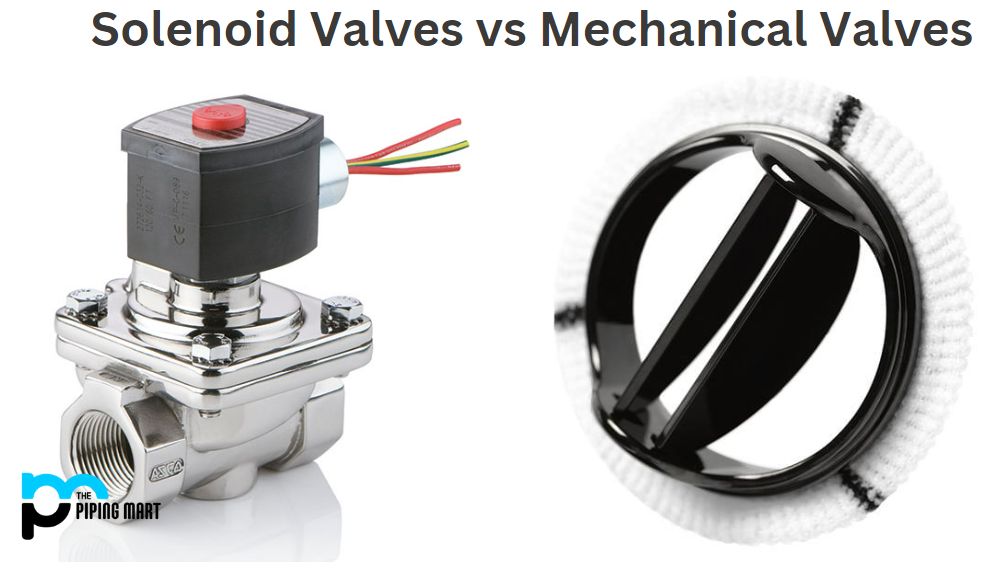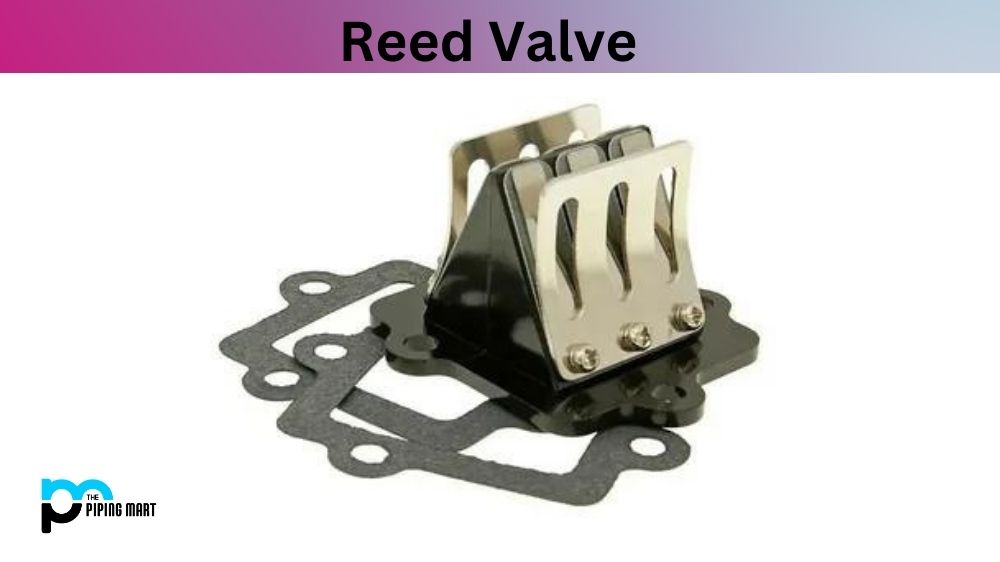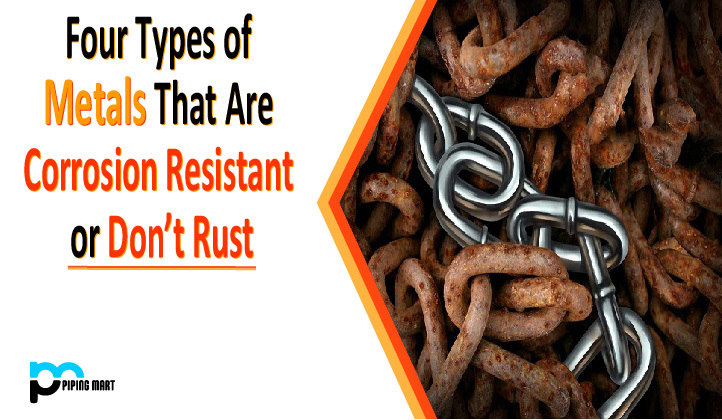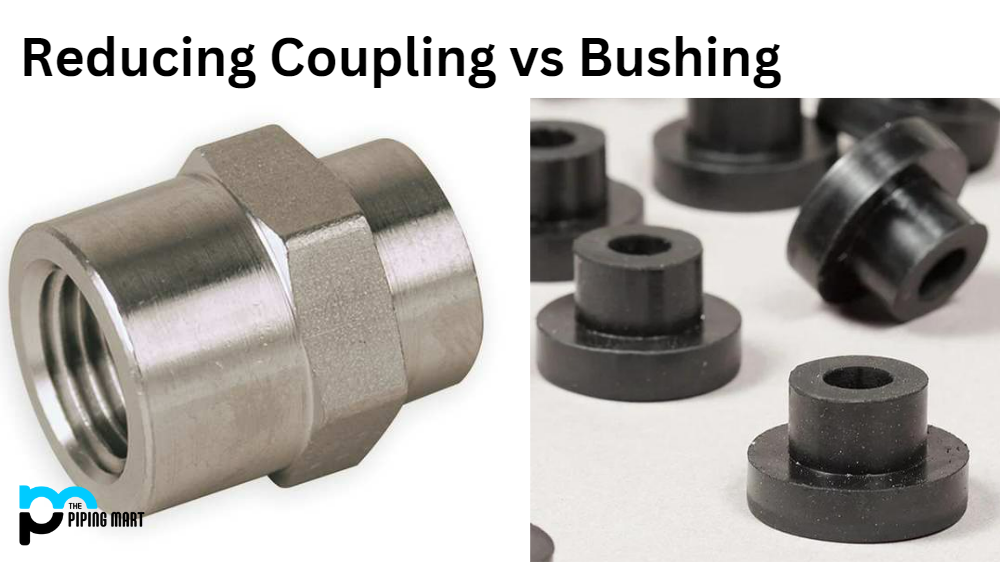If you’re shopping for valves, you might have noticed that there are two main types available—solenoid valves and mechanical valves. But what’s the difference between them? In this blog post, we’ll explain the key differences between these two valve types so that you can decide which type of valve to buy for your application.
Solenoid Valve
A solenoid is a type of electromechanical actuator that uses electrical energy to generate a magnetic field which, in turn, causes actuation in a valve. Solenoid valves are usually considered “on/off” valves due to their binary nature. The valve opens when a current runs through the solenoid coil; when no current runs through it, it closes. This makes them ideal for applications where precise control over flow rate is not necessary or desirable. Solenoids are also typically more reliable than other valves due to their simple operation and lack of moving parts.
Mechanical Valve
Mechanical valves use a physical mechanism such as a lever or cam to open and close the valve port. These valves are more versatile than solenoid valves because they can be used for both on/off applications and precise control over flow rate or pressure. Additionally, mechanical valves tend to be more robust than solenoids because they don’t rely on electrical components (which can fail) for operation. The downside is that mechanical valves require more maintenance due to their moving parts and may not provide as tight of a seal as solenoids do.
Finally, mechanical valves tend to be considerably more expensive than solenoids due to their complexity and the construction materials required for proper operation.
Difference Between Solenoid Valve and Mechanical Valve
- Solenoid valves are electrically operated valves that use an electromagnet to open and close the valve.
- Mechanical valves are operated manually, usually by a lever or handle.
- Solenoid valves are more expensive than mechanical valves.
- Solenoid valves are typically smaller and lighter than mechanical valves.
- Solenoid valves can be used for both liquids and gases, while mechanical valves are only suitable for liquids.
Conclusion:
Solenoid and mechanical valves have pros and cons depending on your application needs. If you need precise control over flow rate or pressure levels, then a mechanical valve may be best suited for your project; if you only need essential on/off functionality, then a solenoid may be the better option since it’s less expensive and easier to maintain compared with its mechanical counterpart. Ultimately it will depend on your specific needs, but now at least, you know what each type has to offer so that you can make an informed decision!

Abhishek is a seasoned blogger and industry expert, sharing his insights and knowledge on various topics. With his research, Abhishek offers valuable insights and tips for professionals and enthusiasts. Follow him for expert advice on the latest trends and developments in the metal industry.




